It is rather sympathetic and disheartening that most African leaders are of the myopic thoughts that a country could only be developed through the promotion of science and technology, failing to realiz that science and technology cannot effectively take its due in a country which is economically paralyzed and the Gambia is not an exception to this.
This tragic perception was strongly married to by two of Barrow’s predecessors in the names of His Excellency Sir Dawda Kairaba Jawara and His Excellency Yahya Jammeh, and the Barrow led administration is also following the same trend and yet the development of the country is still snail crawling.
The billion dollar question one might tend to ask is: why is it that the Gambia still remains as one of the poorest countries in the world when her leadership, for almost fifty (50) years, have been at the forefront in the promotion of science and technology?
The simple answer is: science is too expensive; science is all about innovation; hence for any to effectively register unprecedented development, there must be a genuine unprecedented developmental cycle comprising of social scientists, economists, and scientists.
Facts of history taught us that most developed countries today were able to get to the mountain top by making sure that there is “political will”which allows social scientists to enact and make informed policies that helps in resource generation (it is the stage when economic growth starts to take its cause); then the economists ensures that there is sustainability and proper management of the resources generated as a results of the informed policies made by the social scientists; as years pass by, when there is a lot of economic growth, then the resources generated could be used in the promotion of science and technology. Therefore, for science and technology to be able to effectively take its due, both social scientists and economists have a very pivotal role to play. Hence, the belief that a country could only be developed through the promotion of science and technology is a misrepresented one.
Barrow must also strengthen education, especially tertiary institutions with critical focus in the University of the Gambia if he really wants to register sustainable development for the Gambia. Development as technocrats put it “cannot be sustainable it is it not back by education”. Empowering the University will allow the state to produce technocrats in all spheres of development; from civil engineers, enough professional Nurses and Doctors, professional and a disciplined security force etc. In that, the republic will not rely on the Chinese and Indian engineers for our infrastructural needs; Cuban and Chinese Doctors for our critical health needs, and above all not cross borders for simple treatment.
Barrow again should pay a huge attention to the department of social sciences in schools for they have the cure to the major ills facing our country today which is the cause of our slow development drive.
The sickness that is holding our development process is our parochial political culture. It has caused the current division in the Gambia both politically and socially. In the Gambia, one could deduce that there is no tribalism but there is what we call “political tribalism”. Believ us even Lord Regard or Magret cannot take this country forward with the current political and ethnic misrepresentation.
The political executive should also take full control of the Republic’s sovereign wealth that will support the development process and not only look for loans or aids. The Republic should not put more concentration on the tax base as revenue, but together with the non-tax base of our economy/ national endowed (God giving) wealth.
It is shocking to learn that other mining sites have been given to profit grabbing capitalists at the expense of the state. This is unwise and non-developmental. All mining of our blessed soil must be control by the state for the benefit of all.
Sir Dawda Kairaba Jawara in 1975 asserted that
“It is our effort far more than what happened outside the Gambia is the principal determiner of our failure or success”
In essence, outside efforts are only needed to compliment ours. That is to say, development must be domestic driven.
For example, let’s take the Republic of Burkina Faso as a case study during Thomas Sankara reign from 1983 to 1987. To mark his first year in office, Sankara changed the country’s name from Upper Volta to Burkina Faso, meaning “the land of the upright people”. In contrast with most African leaders who exploit their country’s merger resources for their personal gains, Thomas Sankara launched upon a series of measures unheard upon the continent, his first move; to cleansed the power structures of all social injustice; he reduced the salaries of ministers and chief public servants starting with his own; he also made sure that public servants were no longer seen in expensive Mercedes but in cheaper cars, not a single privilege remained to government officials; members of the security forces were well trained as per their roles and duties in a Republic, as in one of his famous quotation he said
“A soldier without any political or ideological training is a potential criminal; he ensured that the national endowed wealth was strictly utilized for the development of the state. All the measures taken were geared towards rapid economic growth because Burkina Faso was economically paralyzed when he took over through a coup in 1983.
Measures implemented by Sankara, unreservedly, changed the face of the country. Within four years, he was able to transformed Burkina Faso from being an economically dependent country to an economically independent country; coupled with that, Burkina Faso was able to attained food self-sufficiency during his tenure.
If Burkina Faso was able to attained food self-sufficiency within four years why not the Gambia? It is rather ironical when the Barrow led administration keeps on singing that they inherited a broken economy when the chief servants are scrambling for per diems like the way Europeans where scrambling for colonies during the partition of Africa in 1884.
Thus, if the Barrow led administration wants to paint her name in our history books, then they have to be very much cognizant of the challenges facing our country today. We should know where we came from; where we are; and where we heading to.
In that, appropriate policies should be put in place to help guide the crusade. The Barrow administration must make sure that national interests guide their actions otherwise all lofty presumed developmental hurdles crippling our country shall one day become mere illusions.
May God bless the Gambia.
Sheriffo Sanyang and Sanna Badjie
Political science students
University of The Gambia

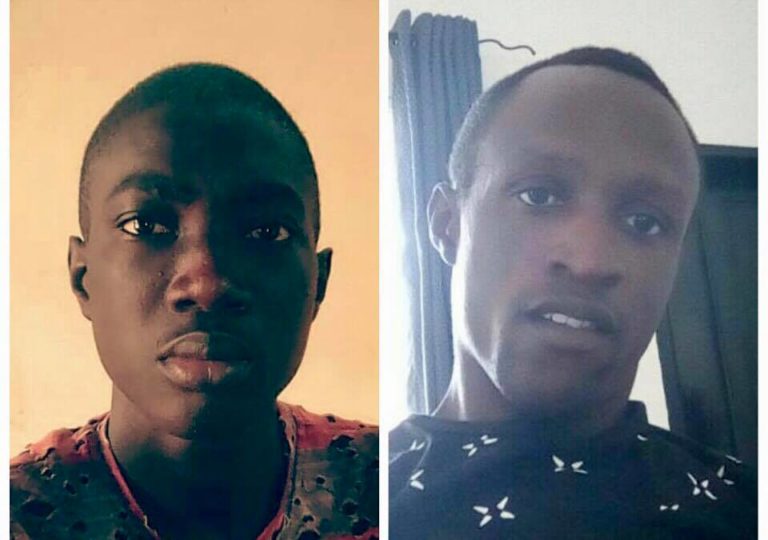
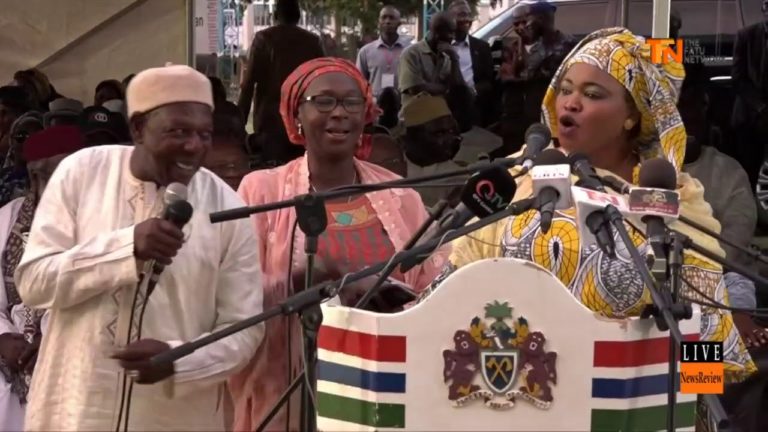
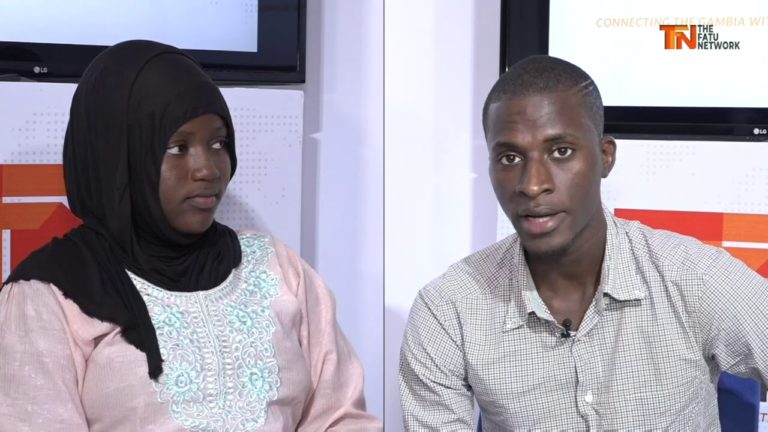
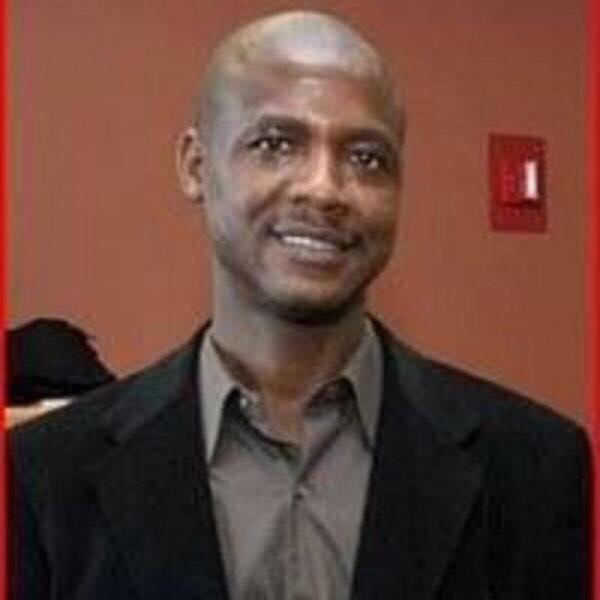
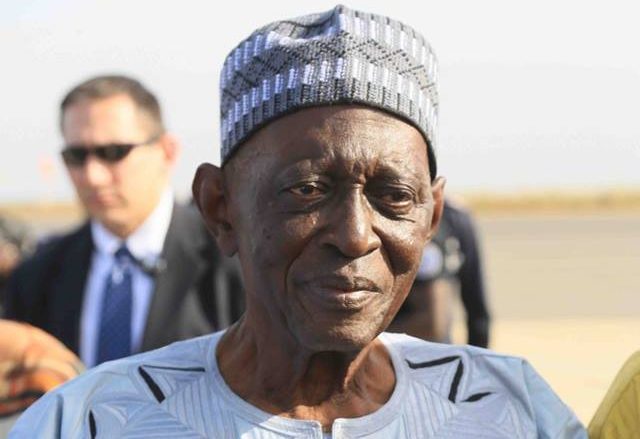
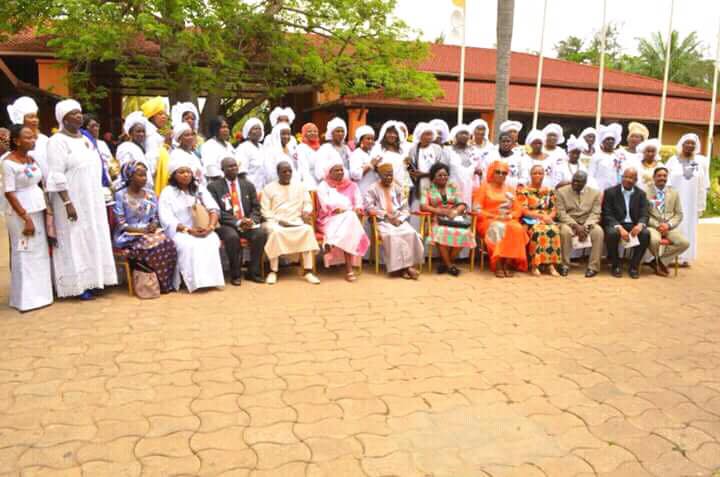
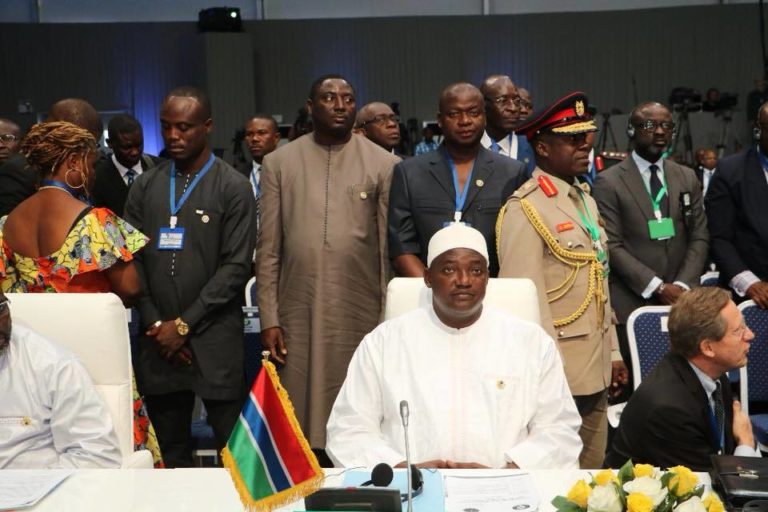
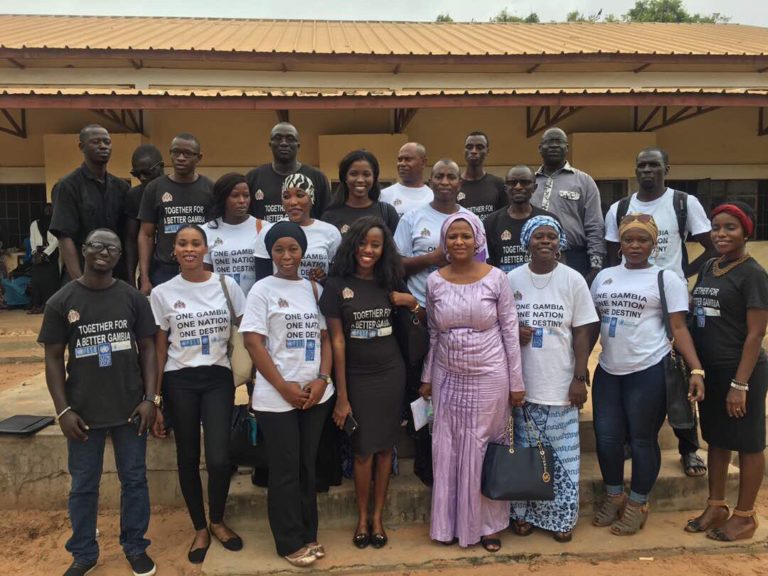
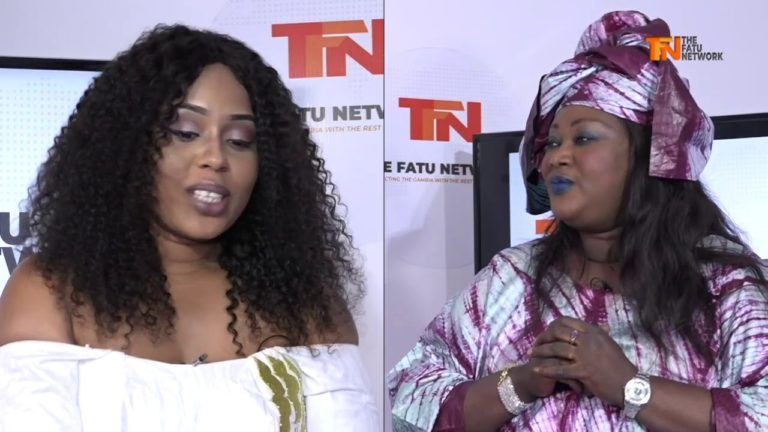
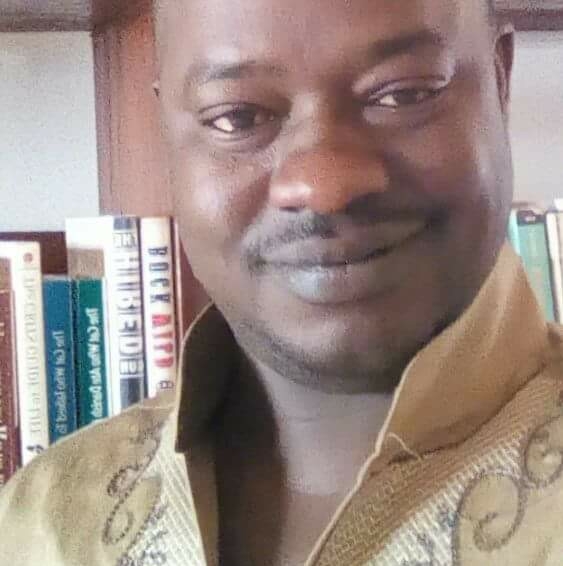
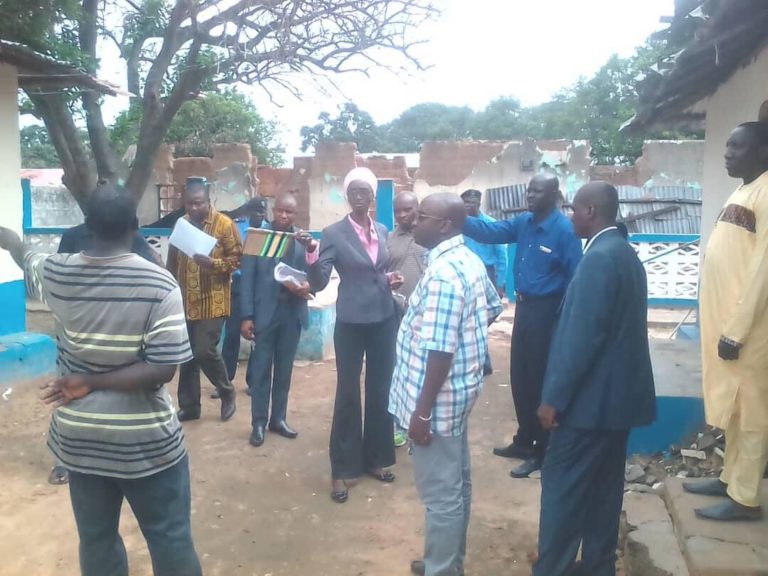
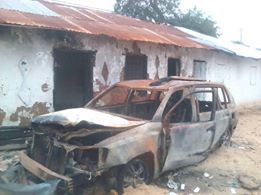
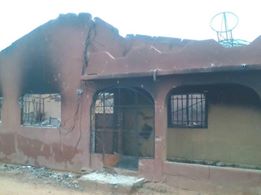

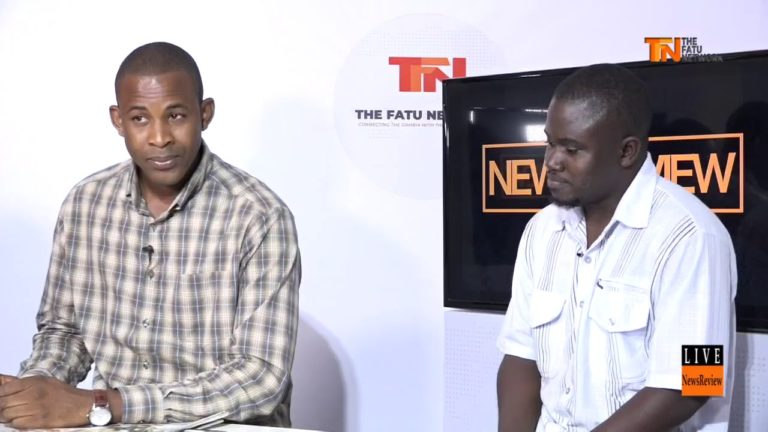
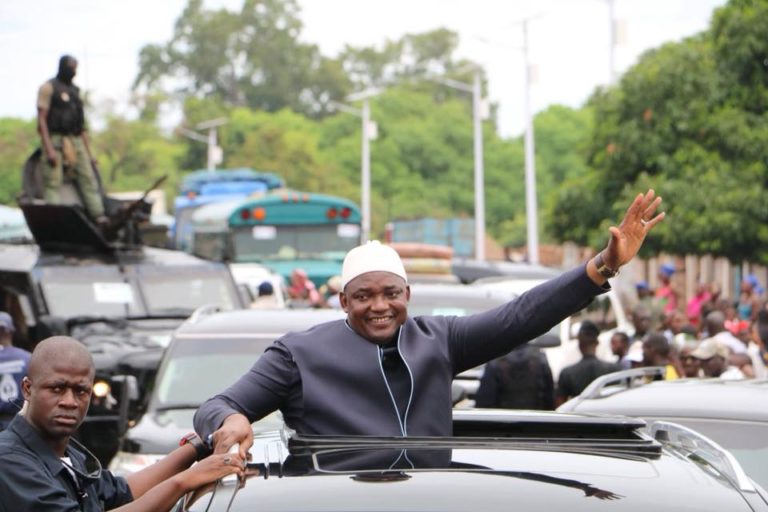
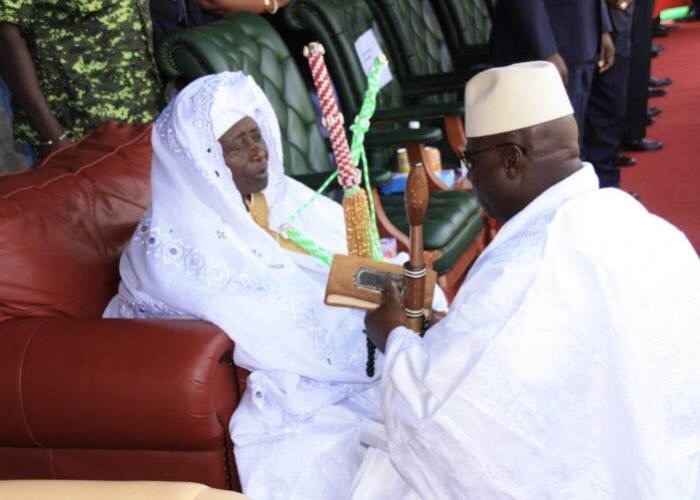
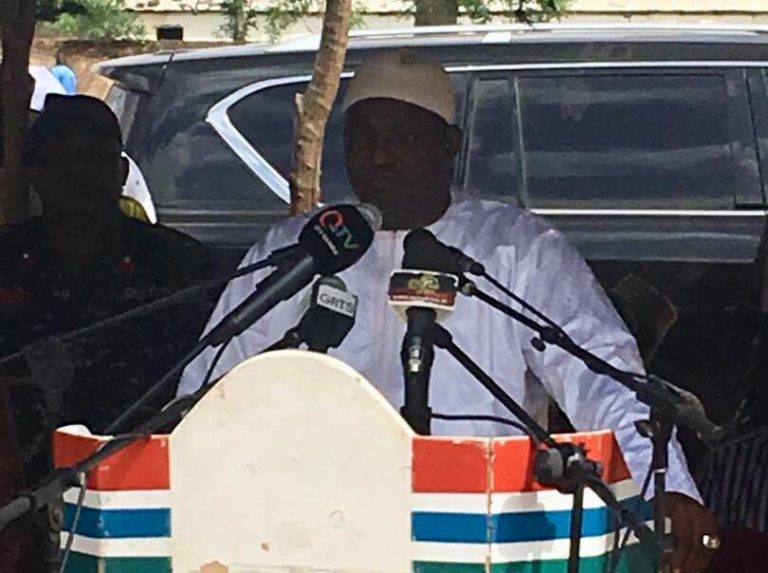

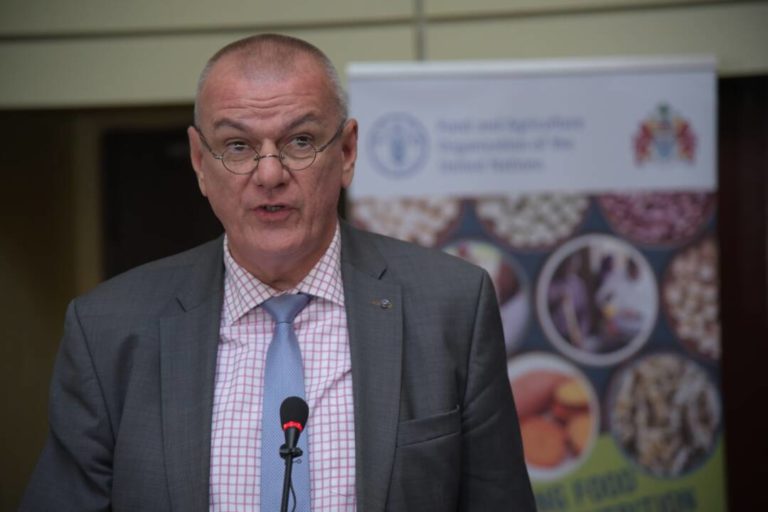
GDC Expresses Condolences To The Family Of The Late Asombie Bojang
Gambia Democratic Congress PRESS RELEASE
The entire membership of the Gambia Democratic Party (GDC) and I, Honourable Mamma Kandeh would like to express our profound and heartfelt condolences to the Jammeh, Bojang and Manga family over the death of Aja Asombi Bojang, who passed away last Friday in Malabo—Equatorial Guinea.
The GDC shares the grief that the former President and his family are feeling and we send to them our prayerful thoughts and sympathetic sentiments at this difficult moment.
May Janatul Firdaws be her final abode—Amen.
Signed: Honourable Kandeh..